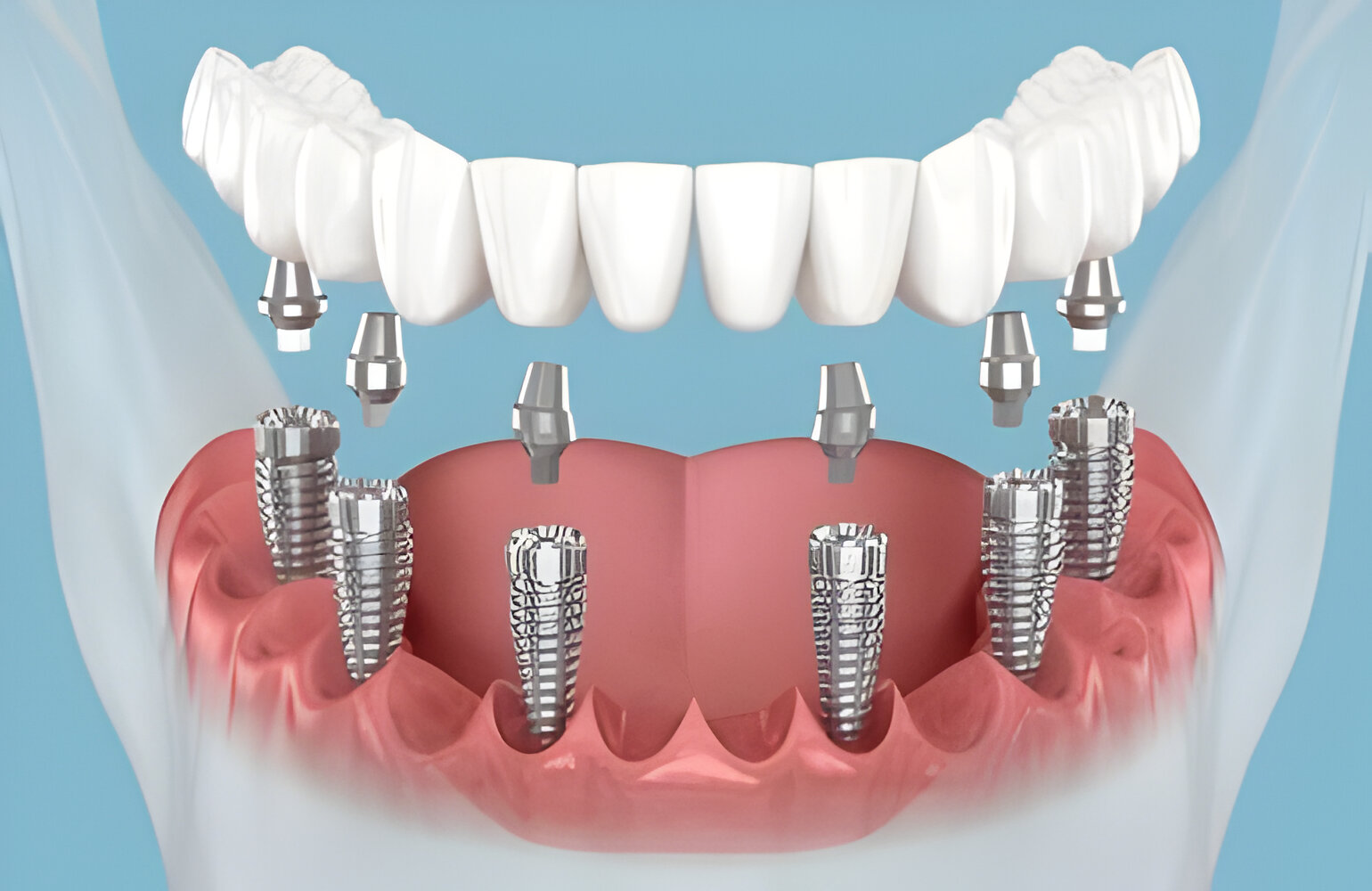One of the more unpleasant assignments in any practice is dental debt collection. At a time when dentists and their teams are trying so hard to acquire patients and build strong, long-term relationships with them, it can be disheartening when those patients fail to pay on time for the professional services they’ve received.

An overlooked byproduct of health-care reform and the economic recession is the multiplier effect of large deductibles and copays and the reduced ability of patients to make those payments. This results in more collection problems and the unintended creation of consumer financing issues. This article will address the legal and practical issues of the billing and collection practices in your dental practice.
Your production total may be up, but if you don’t collect, you’ve wasted your time and effort.
To help our clients deal with this problem in a way that’s relatively easy yet truly effective, Front Line Collections helps numerous dental practices in the UK. If your practice is not collecting 99% of the money patients owe, consider instituting this 3-step approach:
- The first-day payment is overdue, call patients to remind them that they owe the practice and tell them they must act promptly. If you don’t succeed with that first call—either not getting through or not getting the desired response—call again the following week and then, if necessary, the week after that. Patients are more likely to answer calls to their cell phones, so you should routinely get a cell number from patients so you can use it at times such as this.
- If three weeks of phone calls don’t solve the problem, escalate to email. Use more formal language as you restate practice payment policies and patients’ financial obligations. As with the phone calls, plan on sending out such an email once a week for three weeks, changing the wording (and the tone) to indicate that it’s becoming a serious situation.
- Still not getting the right response (i.e., payment)? Time to send a very businesslike letter informing patients that they have a legal obligation to pay for services rendered. Like the emails, these letters should also demonstrate your growing dismay with the situation.

The Fair Debt Act makes it unlawful for anyone to give a consumer, in this case, a patient, the false belief that the person other than the creditor is participating in the collection process. For example, if you threaten to turn patients over to a collection agency but actually have no arrangements to do so, you’re violating the Act. Therefore, you should abide by the following guidelines with regard to compliance with the Fair Debt Collection Practice Act:
- Do not threaten to refer a bill to a collection agency or take any other action unless you plan to do so or do so regularly with others;
- Do not disclose to any third party, over the phone or otherwise, that you are attempting to collect a debt from a patient;
- Do not send correspondence that reveals collection activities, such as post cards or envelopes with “past due” stamped on the outside;
- Do not call patients before 8 a.m., after 9 p.m., or at work if you know they are not permitted to take personal calls; and
- You may not call a patient directly if the patient has advised you he or she is represented by counsel.



